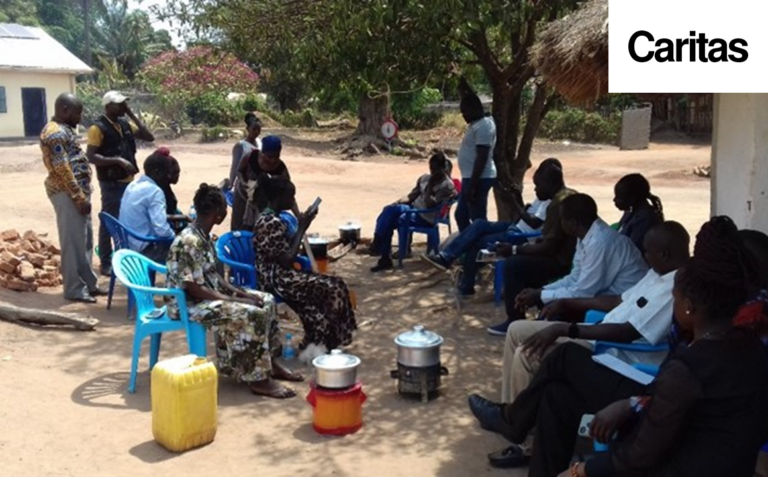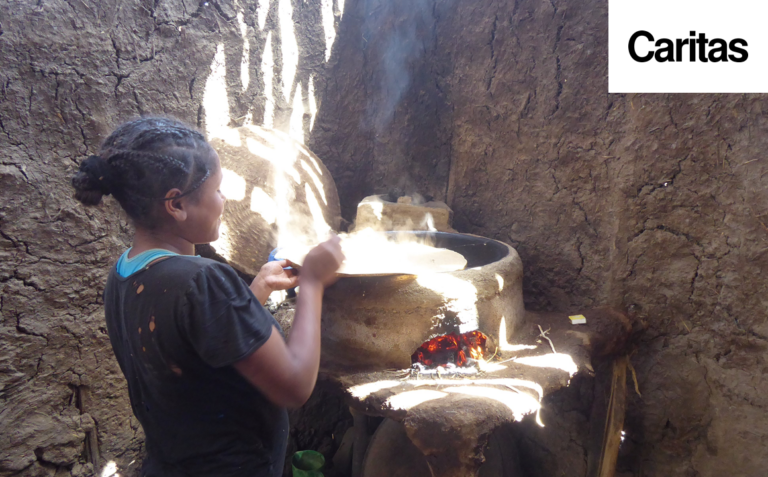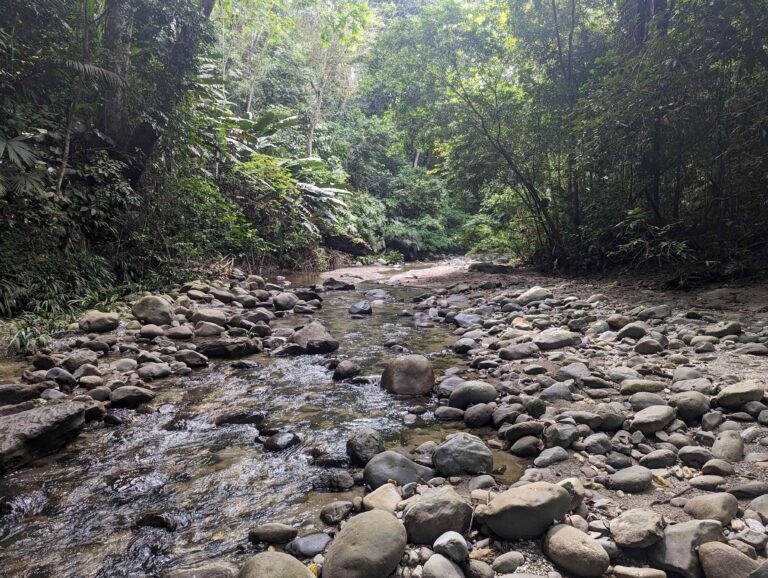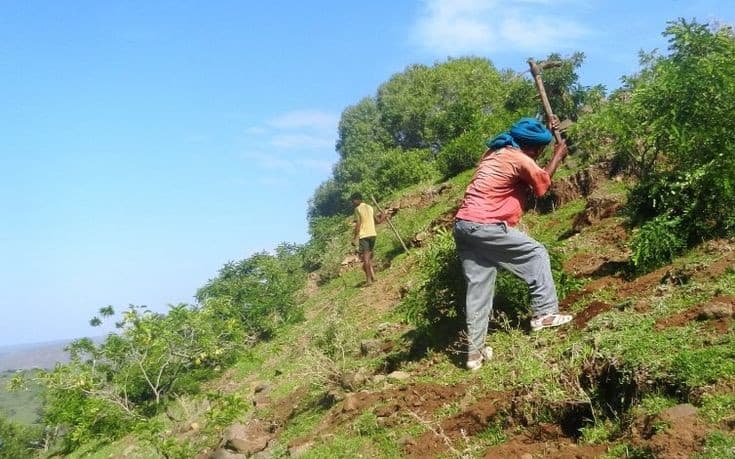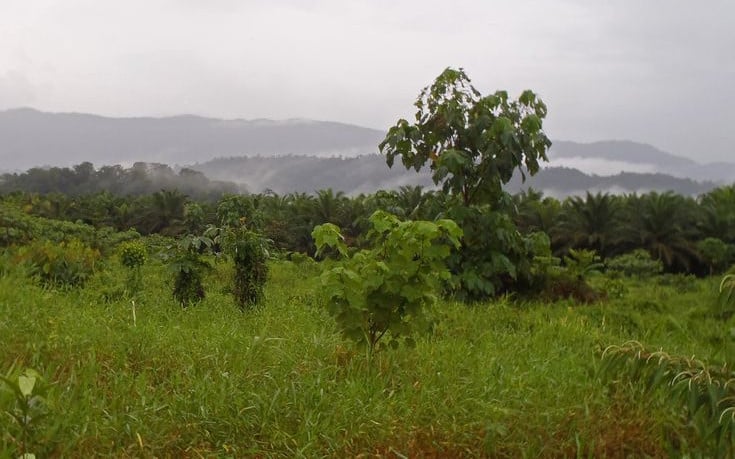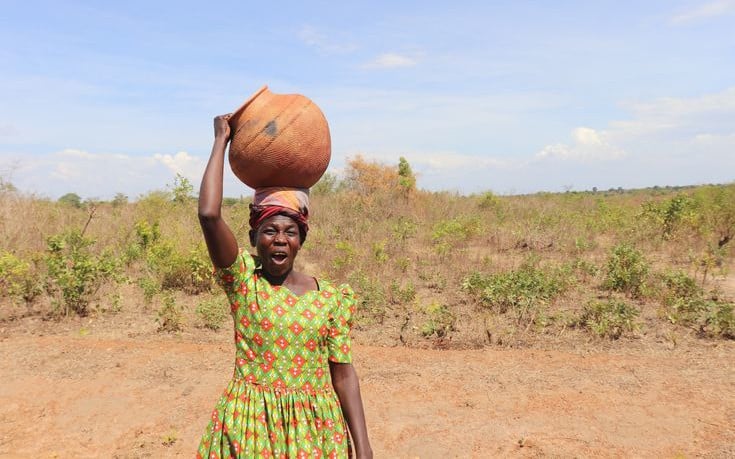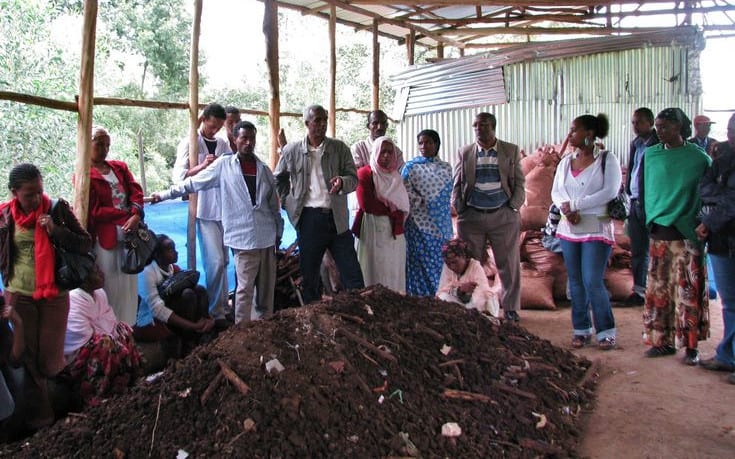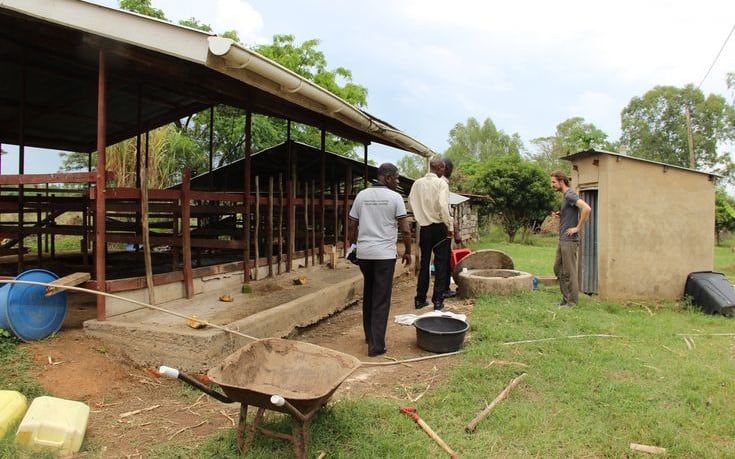Klimaschutzprojekt in Nepal
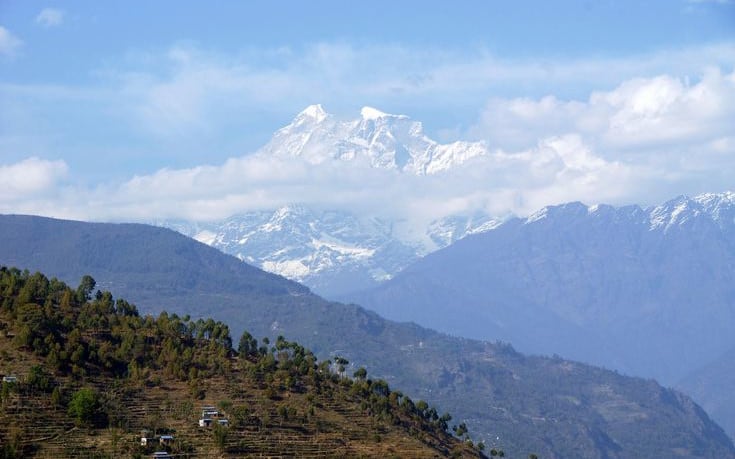
Counteracting the pressure on local forests
In Nepal, large areas of forest are disappearing, while grasslands and shrublands are steadily increasing One reason for this is deforestation for short-term fertile farmland. The 2015 earthquake also increased the pressure on forests as a resource for construction and firewood. The main objective of this BOKU climate protection project is to reforest around 80 hectares in the Gauri Sankar and Siwalik regions, of which 20 hectares are earmarked for agricultural use. In addition, 500 efficient biogas stoves will be put into operation.
Combination of forestry and agriculture as key to success
Besides ecological aspects, economic, and social aspects are in the foreground. To counteract forest degradation and its negative social consequences, national and local stakeholders were therefore involved in the selection of the regions in a participatory manner. The decisive factor in the selection of Gauri-Sankar and Siwalik was that they have great potential for establishing a sustainable agroforestry system that can serve as an additional source of income for the local population.
Einbindung lokaler Akteur*innen und Wissenstransfer
A reforestation and management plan was drawn up with the management committees of Gauri Sankar and Siwalik (among others), best practice examples were presented and training sessions were held. The training courses in sustainable agriculture and forestry (forest management, seedling propagation and forest fire protection) and the commissioning of tree nurseries ensure the sustainability and stability of the project and are well received by the local population. In this win-win situation, CO2 is mitigated by reforestation, further emissions and harmful flue gases are reduced (cooking stoves), and a new economic basis is created.
